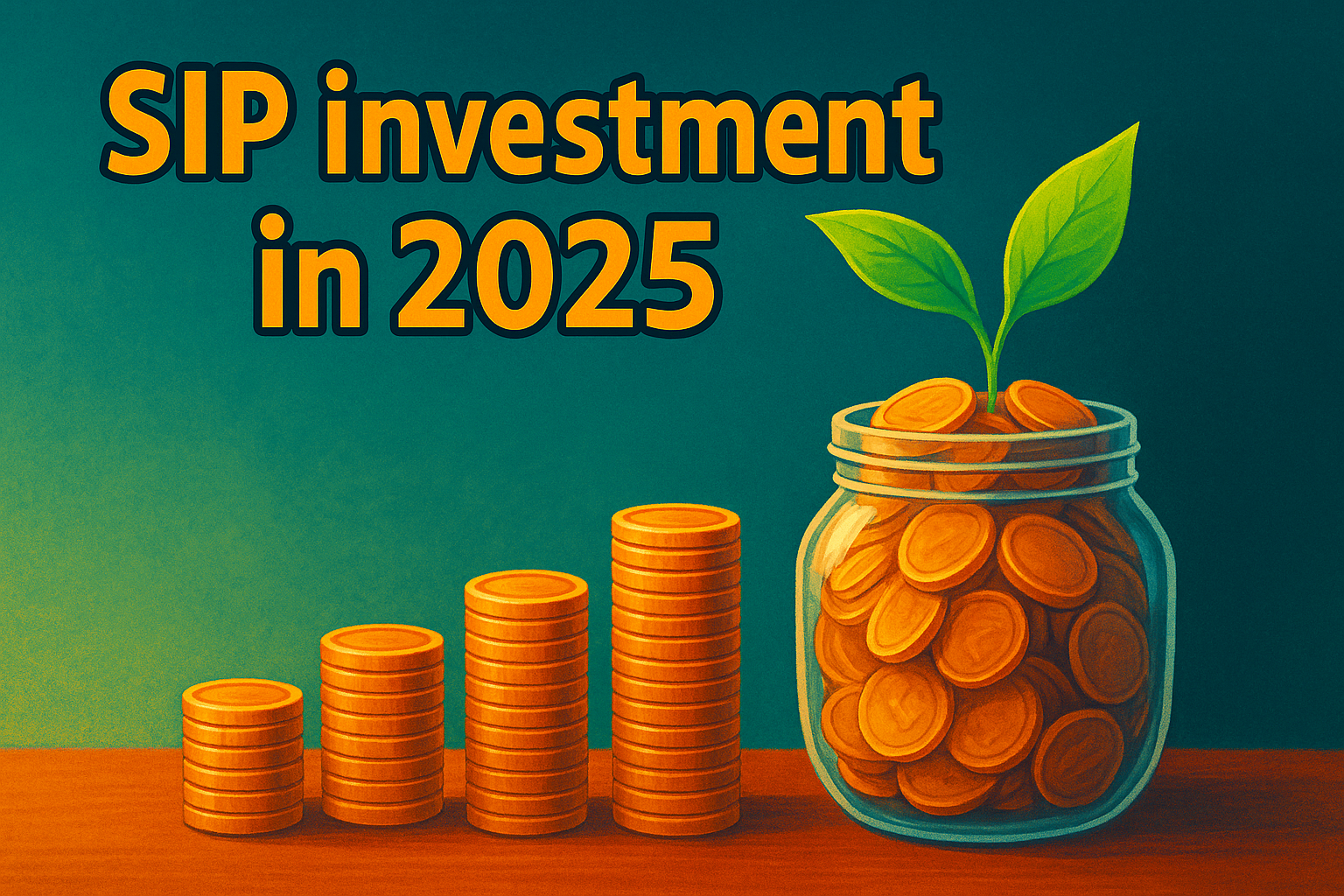Unlocking the Benefits of Fixed Deposits: Your Guide to Safe Savings
2025-04-02
4 Comments

Depending on a person’s financial risks and opportunities available, investing has become a way of insulation for future finances. In contrast to other kinds of investment, fixed deposits, or FDs, offer safety, security, and clarity that has made them a favourite of both novice and experienced investors. The purpose of this blog is to clear some misconceptions about the concept of fixed deposits and elaborate on the versatility of using them as a safe savings instrument.
Table of Contents
1. Safety and Security
Another outstanding feature that is in favour of fixed deposits is the need, which cannot be overemphasized, which is safety. In the case of an FD, though your money is invested with the bank for a certain period at a specific rate of interest fixed beforehand, it is not at risk. This feature enables you to protect your capital from fluctuations in the market that appear to be very random sometimes. Unlike ordinary shares, the value of an FD is not disturbed by changes in the market situation, making it suitable for conservative investors.
However, FDs in India are offered by banks along with the Deposit Insurance and Credit Guarantee Corporation (DICGC), which ensures that the amount deposited in any branch of a particular bank is safeguarded up to ₹500,000 in case the bank goes bust. The added layer of protection strengthens the traditional security that FDs can afford and hence can be deemed as security-maximizers.
2. Predictable Returns
This investment plan provides a good return plan for investors and that is why fixed deposits have become popular among people. Investment at a fixed interest rate can be easily calculated by savers and gives them an idea about the amount of return they are to earn; it enables them to plan on their expenditure more rationally. This factor is especially good for retired persons or old people who rely on their investment to make money.
Fixed deposits provide a higher interest rate than normal saving accounts and based on the term and interest rate, it goes up with the inflation rate; hence, the value of money being saved is as good as the day it was saved.
3. Flexibility and Variety
It is for this very reason that fixed deposits are quite flexible and varied as an investment, which perhaps was not expected by many. Investors can choose any tenure between 7 days and 10 years, meaning, more so, the tenures are flexible to fit the financial goals and available liquidity of the investor. The short-term FD refers to those where the funds are required to be deployed for a shorter duration, while the long-term FD acts as a tool where the investors want to earn a higher rate of interest for a longer period.
In addition, several options are open to banks about FDs, which include:
Regular Deposit Schemes: They include recurring fixed deposits (RFDs), where an individual is in a position to contribute towards it in a fixed amount at every particular interval of time.
Compounded FDs: The interest earned throughout the interest period is reinvested at the same rate of interest, which gives the option to become cumulative.
Flexi or Bounce FDs: allow the withdrawal of a partial amount during the tenure of the particular FD without breaking the whole deposit amount to withdraw, which offers a cash facility besides an interest facility.
Step-up FDs: They carry the convenience of getting a higher number of interest rates at predetermined periodicities, provided there is a change in the interest rates over the period of the bonds.
4. Tax Efficiency
Although interest earned on a fixed deposit is taxed, there are ways to make the fixation of their tax efficiency. Still, the most favoured is the tax-saving FD scheme, which has a lock-in period of five years and brings tax exemption under Section 80C of the IT Act to Rs 1.5 lakhs. This can help you, as a tax-concerned investor, lower your taxable income by a great deal to the extent of the invested amount.
5. Ease of Access and Management
These include accessing the internet or visiting the bank branch to open an FD account, deposit money, and monitor its status and maturity, among others. This is because FDs can also be converted into loans known as loans against FDs so that the holder does not have to sell the deposit to get access to cash.
Conclusion
A fixed deposit provides investors with the basic-level risk profile of high safety, moderate tenure, and liquidity and thus is an important cog in the wheel of investment cycles. For those who are conservative ones aiming at saving capital and for those who have certain financial objectives that require additional funds in the near future, FDs are a quite suitable and effective saving tool. Their different characteristics and opportunities, therefore, can be applied to cope with the challenges in personal finance, revealing its prospective perspectives for guaranteed financial success. Deliberating on your trade path, it is worth it to turn to the basics of fixed deposits—where, apart from safekeeping, you’re guaranteed reasonable and stamped prosperity.
Add a Comment
 Vivek Singh
Vivek Singh★★★★
nyc blogs
 Vipin
Vipin★★★★★
very informative blog
 Harshita
Harshita★★★★★
The writing on this blog is captivating, and the content is always so engaging and relevant.
 Ranveer Singh
Ranveer Singh★★★★★
Very Informatic Vlog
Popular Categories
Popular Blog Posts
SIP or Crypto? The Answer Will Surprise You
28 Jul, 2025
EV Stocks in India: Boom or Bubble?
18 Jul, 2025
Search For Financenu Service
Apply For Financial Service














